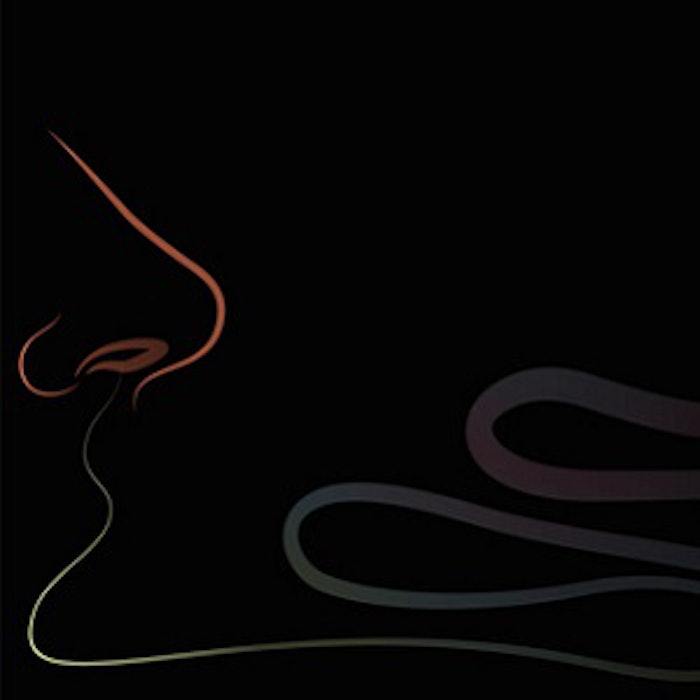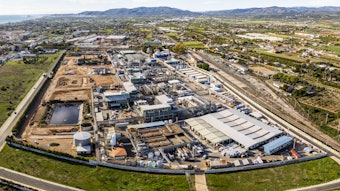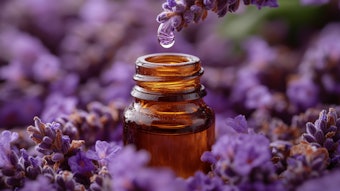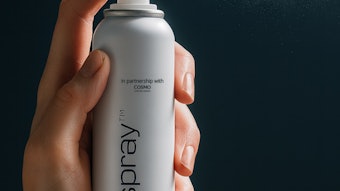
Prior to the introduction of the term Aroma-Chology, the effects of fragrances on feelings and emotions were usually subsumed under the heading Aroma Therapy, a practice which gave rise to considerable confusion since the focus and the approach of the new science of Aroma-Chology differ in several crucial respects from those of the traditional art of aroma therapy. Because the confusion persists even today, a detailed look at the implications of the above definition of Aroma-Chology is in order.
Other topics discussed: Definition; Scope and Structure of this Review; Review of Findings; Odors and electrical brain activity; Evoked potentials; Contingent negative variation; Brain waves; Physiological Effects; Systolic blood pressure; Microvibration; Peripheral vasal constriction; Heart rate; Electro-dermal activity (EDA); Skin potential level; Pupil dilatation/constriction; Startle-probe reflex; Behavior Modification in Laboratory Settings; Performance in a sustained attention task; Reaction time in a sustained attention task; Sleep latency; Learning and recall; Memory retrieval; Creative task solving; Evaluation of ambiguous stimuli; Miscellaneous cognitive tasks; Odors and Sleep; Behavior Modification Modification in Real-Life Settings; Shopping behavior; Gambling; Direct Measurements of Mood/Emotion Changes; Reduction of stress and anxiety; Various mood changes; Effects on perceived health; Conditioned mood changes; Discussion; Primacy of Hedonics; Cognitive and Non-Cognitive Mechanisms; The Need for Precise Definition of Stimuli and Effects; Essential Oils, Aroma Chemicals, Fragrance Blends; Aroma-Chology and Aroma Therapy; Characteristics of the Subjects; Opportunities and Limitations; References










